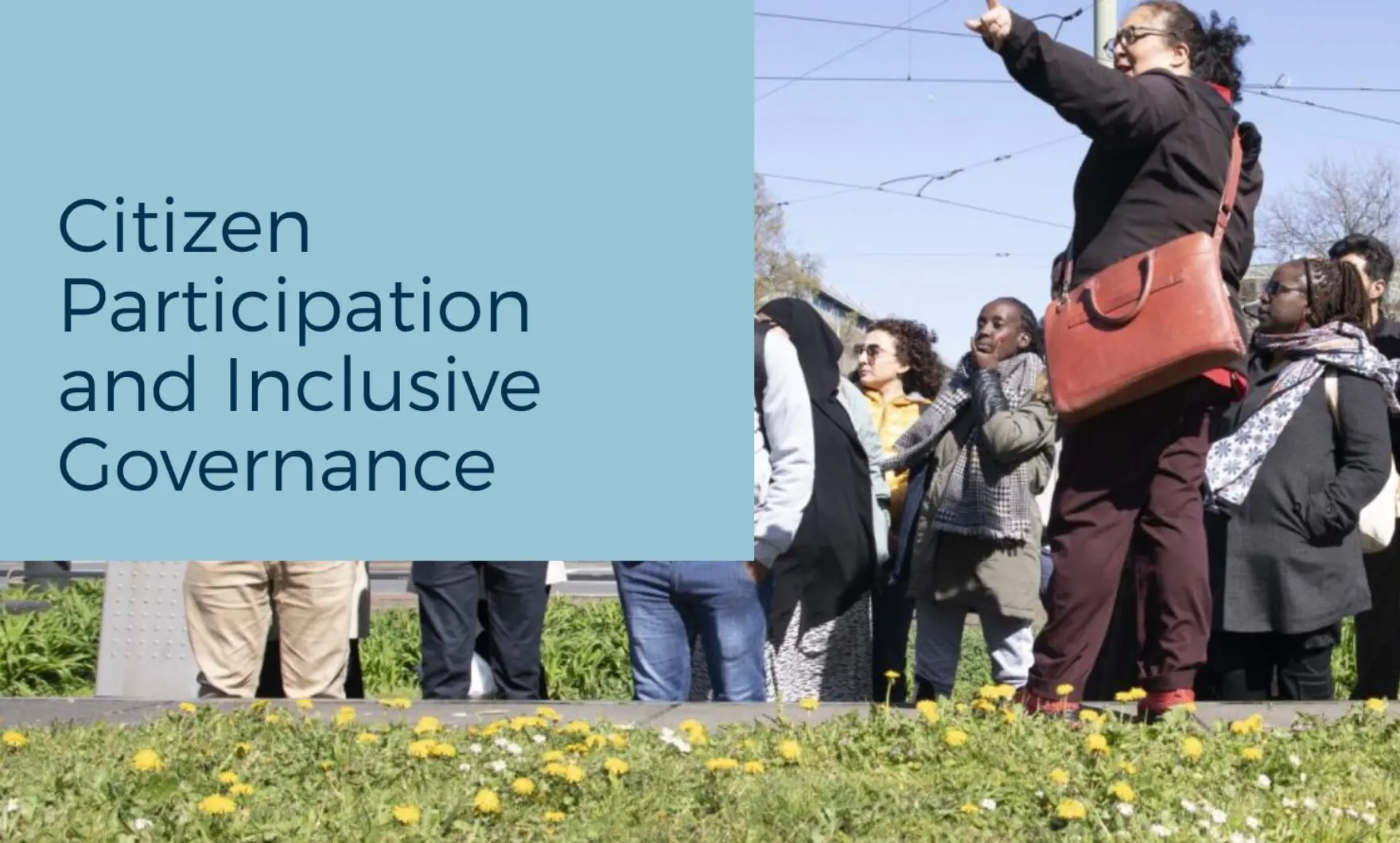
Citizen Participation and Inclusive Governance
The Citizen Participation and Inclusive Governance course is designed for professionals working on participation, inclusion and social accountability processes. We encourage participants from national, regional and local governments, NGOs and donor and development organisations to apply. After this course, participants will receive a professional certificate of completion from The Hague Academy for Local Governance. *Professionals […]

